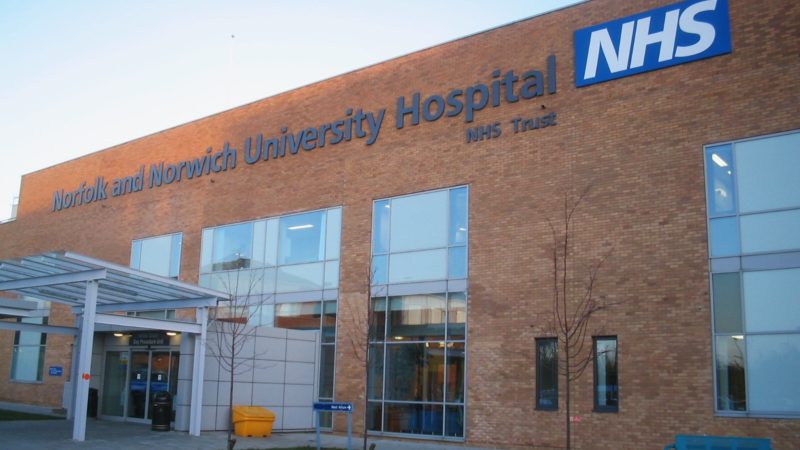Ten ways to fix the mess in NHS property management.

The NHS estate – the physical infrastructure of our health service, the land, the buildings – is a mess.
Actual management of property and facilities is done through some local staff management. Often it is through private contracts. But mostly, strategic issues like disposals or large contracts are through unaccountable quangos – NHS Property Services and Local Health Partnerships – which meet in secret.
For much of the NHS estate, there is little local control over how it is managed and no accountability.
Some premises are unfit for purpose, some underused and some not used at all. Management is not effective; made worse by loss of experienced staff due to cuts and the botched changes due to the coalition’s disastrous Health and Social Care Act (H&SC Act).
And essential facilities such as cleaning, catering or porters are often provided through poorly managed outsourced arrangements. There is no strategic capacity to look at property matters locally, regionally or nationally and no way to look more sensibly at property matters across the whole public sector rather than just the NHS in isolation.
NHS services are provided from a variety of mechanisms, including through Private Finance Initiatives and LIFT schemes – joint ventures between the NHS and the private sector.
GP practices often operate out of premises owned by the practice. Operating costs are around 10% of the budget, of which 2% are PFI unitary charges. Many facilities, especially in primary care, are out of date – and there is a staggering backlog of over £5bn in essential maintenance. Local plans for the NHS from 2016 suggest around £10bn of investment is required.
The transition to new arrangements after the Health and Social Care Act – and the hasty establishment of quangos to manage estates – was a disaster. Arguments over ownership and costs continue to this day.
The government accept something must be done and they commissioned an independent report from Sir Robert Naylor. The problems set out above were confirmed by the analysis, and accepted by the government in their response.
Most of the recommendations dealt with improving capability and capacity to support both national strategic planning and local delivery – and simplifying the fragmented structures. The funding implications were also set out.
But few reactions to the Naylor review actually looked at the recommendations, and the report’s approach has been undermined by the context of greater involvement of the private sector – and the attempts being made by some to use NHS property asset sales to cover up the reality of massive NHS underfunding.
If the analysis is accepted, what solutions do we need?
1. Deal with existing PFI contracts. There is an excellent recent report by Vivek Kotecha and Mark Hellowell of CHPI showing the options to make progress.
2. Deal with the joint venture ‘LIFT’ schemes (a variation of PFI). The NHS should restore local management of local facilities, rather than through unaccountable quangos.
3. Wind up the unaccountable quangos and form instead a properly accountable public body – an NHS Property Board. This was recommended by Naylor.
4. Bring NHS England, NHS Improvement, Health Education England and possibly other quangos together.
5. Bring the strategic management of the NHS estate down to a more local level, and build the capacity and capability at regional level for advice and support from employed staff.
6. Ensure every local plan (STP or whatever follows) has an estates strategy which has been published and consulted on and has involved consideration of other public sector properties. (These may exist but are secret.)
7. Require public consultation and Secretary of State approval for every sale of NHS owned assets (over a certain threshold).
8. End the outsourcing of facilities management and commence bringing outsourced services back under proper local management.
9. Address the chronic need for capital investment in NHS assets given growing demand. The current trend selling land and property may be one small part of the much bigger issue of underfunding in the health service.
10. Look for better options for GP premises perhaps moving some of the risk away from practices and allowing public investment for improvements.
We need to get back to the idea that “we” own it and we should have a say in how it is managed, and we should be consulted before our assets are sold off.
Richard Bourne is former chair of the Socialist Health Association.
Do you know of NHS property/land being sold off in your area? Get in touch: tips@leftfootforward.org
To reach hundreds of thousands of new readers we need to grow our donor base substantially.
That's why in 2024, we are seeking to generate 150 additional regular donors to support Left Foot Forward's work.
We still need another 117 people to donate to hit the target. You can help. Donate today.



